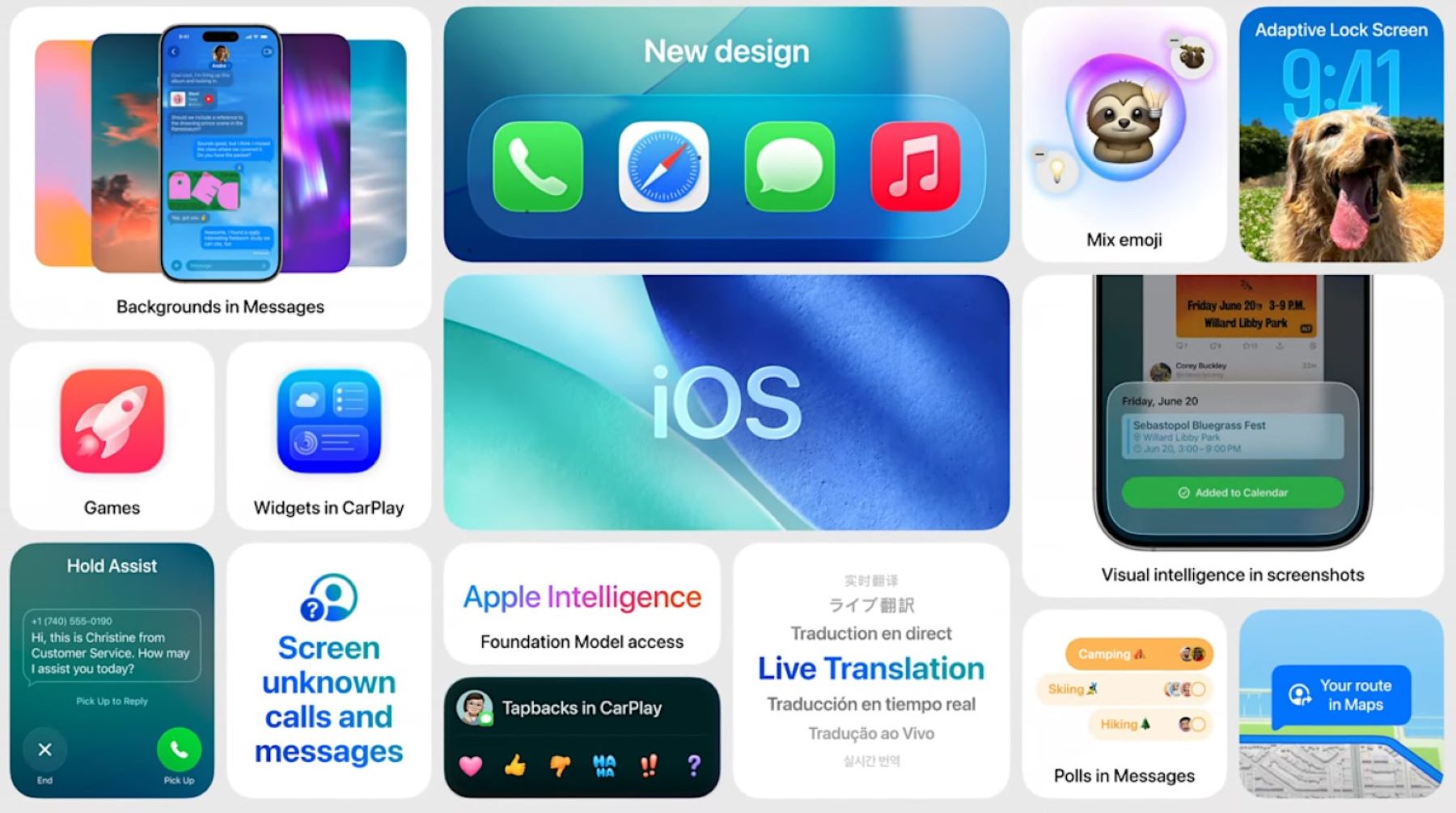Hydraulic Fracturing, or the process of injecting liquid at high pressure into subterranean rock, boreholes, etc., so as to force open existing fissures and extract oil or gas. That is how the dictionary defines “Fracking.”
On paper, the idea of using natural gas instead of coal or oil really does sound brilliant, but recent studies have unveiled otherwise. In fact, the science behind it, or the common sense behind it – as it may be – suggests that using methods like Fracking, and relying on natural gas – which burns significantly less destructively to the planet than coal or oil – will undermine more efficient ways to create energy.

That means wind, and solar energy, primarily – which are already beginning to take up a significant portion of the energy creating world. In other words, we need more efficient ways to create energy, and not just create new practices that are going to inevitably be offset by our increasing populations and increasing usages of the gases.
However, there is a balance that has to be struck between maintaining reliability and reducing emissions. The goal is to cut back on oil and gas production, and focus our attention on wind, and solar power. Or that was the goal of many of the 40,000 individuals who were protesting in New York City, during the Climate Summit itself.
However, there are a few interesting notes about our production to bring to this discussion. First is that the United States is on its way to becoming the world’s largest producer of crude oil and also become a major exporter of natural gas thanks to methods like fracking. This concerns a lot people because it poses a serious threat to the entire planet, but most specifically to our atmosphere and climate.
In the past groups have warned the United States, and other major emissions creating locations on Earth about the drawbacks of such techniques as fracking, which doesn’t just boast the use of more natural gas which will pose a threat to us – but also destroy land that could be used as farm land, and in turn, it impacts other industries in addition to simply those directly connected to the climate, and its change.
It’s important to understand where we stand amongst climate change topics, and it’s important to understand where we are going forward when it comes to techniques like hydraulic fracturing, or fracking as it’s regularly called.







Add Comment